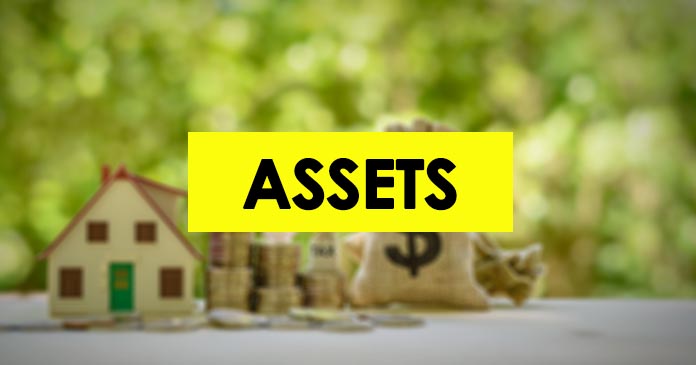An asset is a resource having economic worth that a person, organization, or nation owns or manages with the hope that it may someday be valuable. Assets are significant because they are required to run businesses and generate revenues.
Types of Assets
- Current Assets
- Fixed Assets
- Financial Assets
- Intangible Assets
Current Assets
Current assets are short-term economic resources. These are anticipated to be transformed for cash or used up within a year. Current assets are particularly liquid and can be swiftly traded and turned into cash. Current assets include
- cash and cash equivalents
- accounts receivable
- inventory
- various prepaid expenses
Fixed Assets
Fixed assets, are often known as hard assets or long-term assets. Fixed assets frequently take a long time to gain financial value and are difficult to sell fast for the desired price. Plants, machinery, buildings, etc. are examples of fixed assets.
Financial Assets
Financial assets are investments in the properties and securities of other companies. Financial assets consist of,
- stocks
- sovereign and corporate bonds
- preferred equity
- other hybrid securities
Intangible Assets
Intangible assets are financial resources that do not have a physical presence. Few examples of intangible assets include
- permits
- intellectual property
- patents
- brand reputation
- trademarks
What is the difference between current assets and fixed assets?
Assets that can be quickly turned into cash within a year are referred to as current assets. Fixed assets, such as land, buildings, and equipment, are long-term investments that are aimed at providing benefits to the organization for more than a year.
What is the relationship between assets and liabilities
Assets: Assets are tangible or intangible things that shift in value with time, allowing their users to accumulate equity.
Liabilities: Liabilities are the debts or legal obligations that a person or company is accountable for. Their worth is deducted from the asset value to determine a company’s equity.
Assets and liabilities example
You make the decision to borrow the $500,000 wanted to purchase the car, either through a loan or a mortgage.
Your vehicle is valuable. As it has financial value and may be sold in the market for cash. The fact that you must pay back the loan makes it a liability.


